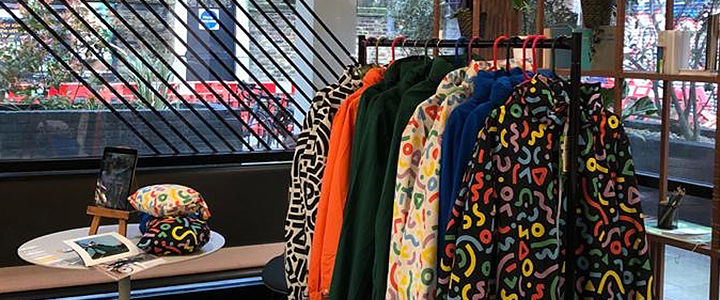What will Department Stores Look Like Post Pandemic?
- Rosie Burbidge
- Jun 10, 2021
- 2 min read

The pandemic has had a deadly toll on bricks and mortar retail. This has particularly affected some department stores, including the flagship stores of brands like covid-casualty Top Shop. Is this a sign of things to come or is there an opportunity for a new renaissance?
The Financial Times recently looked at this issue in detail. The answer seems to be a mix of architectural opportunities, mixed use spaces (weddings in Selfridges!) and, potentially, some bulldozing.
We have been aware for some time of the financial pressures on bricks and mortar retail. Some argue that department stores are irrelevant in the new e-commerce world. If the key value proposition of a department store is the curation of carefully selected goods, doesn't it make sense to move that model online?
In my view, curation still has a huge value - particularly when you don’t have to worry about delivery costs, hidden fees and returns and the quality of the goods are easy for all customers to see - these are major limitations of the e-commerce experience.
Whilst the disappearing department stores will leave an obvious gap in many a high street, in the longer term there is an opportunity for pop ups and more experimental businesses to take a stake in these locations and potentially rediscover why bricks and mortar retail can be so valuable.
What does all of this mean for IP?
Retail is a major driver of brands and consequently for trade marks, designs and all the associated intellectual property rights. As retail shifts, it is important that IP practitioners and the portfolios that they manage continue to adapt and reflect to the changing times including the new geographic areas where consumers are located and the relevant retail services to match the ever changing goods.
This means everything from checking that "masks" are covered to thinking about whether technology focused goods and services could be important additions to the trade mark portfolio. It is also always a good time to consider the value of registered designs bearing in mind the one year grace period from the date that the design is first made available to the public (and assuming the other qualification criteria are met).
To find out more about the issues raised in this case contact Rosie Burbidge, Intellectual Property Partner at Gunnercooke LLP in London - rosie.burbidge@gunnercooke.com
#IP #IntellectualProperty #IPLaw #UKlaw #departmentstore #retail #departmentstore #ukretail #law #pandemic #future #covid